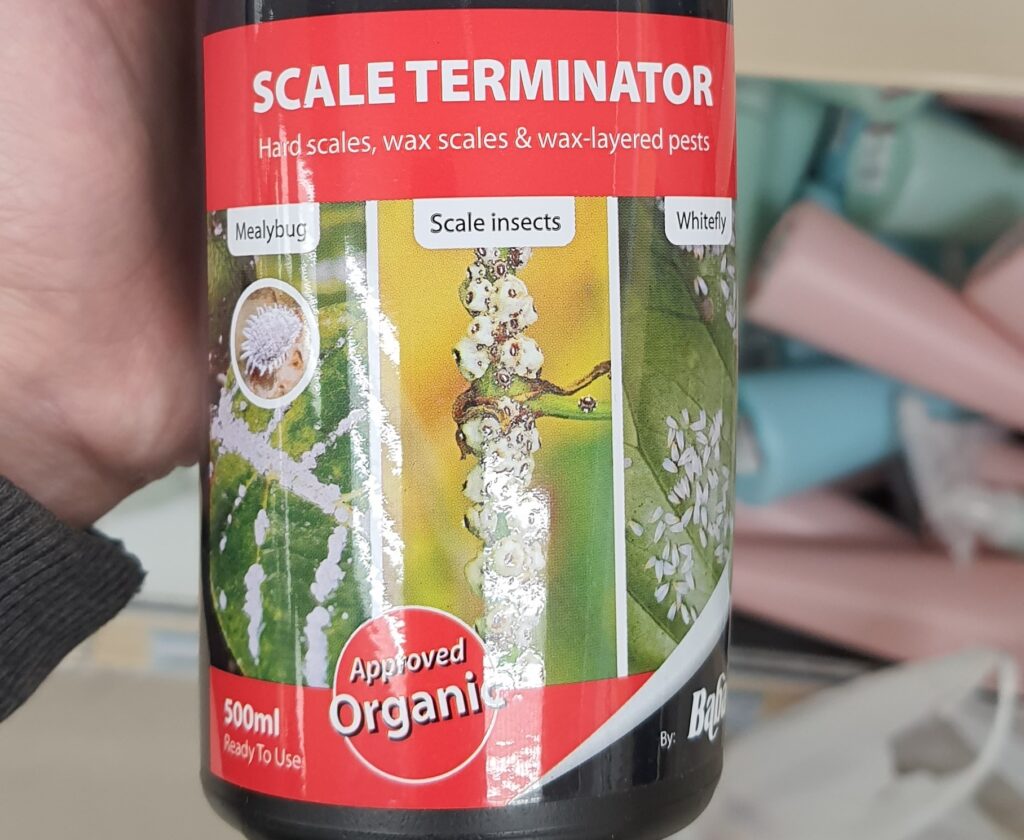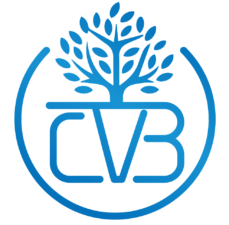Organic Standards
Explore our tailored consultation services for organic farming standards
Organic farming embraces a holistic approach that nurtures soil health, promotes traceability, protects the environment, and eliminates harmful synthetic pesticides. Certified organic practices ensure safer food production while preserving natural ecosystems for future generations. Standards such as Organic EU, USDA NOP, JAS (Japan), as well as organic regulations in Korea and China, are internationally recognized and strictly regulated, reflecting global commitment to healthier, more responsible agriculture.
These standards also emphasize biodiversity, animal welfare, and the responsible use of natural resources, creating a balanced ecosystem both on and around the farm. By aligning with these standards, producers contribute to the well-being of society, especially the younger generation, while accessing trusted markets that value sustainability and food safety.
Organic EU Certification
Governed by Regulation (EU) 2018/848, the Organic EU Standard sets strict requirements for sustainable farming, biodiversity preservation, and animal welfare while prohibiting synthetic chemicals, GMOs, and chemical fertilizers. All organic products imported into the EU must be certified under this standard and accompanied by a Certificate of Inspection (COI).
The regulation ensures the integrity of organic products from production to labeling, fostering trust among EU consumers. It also mandates robust documentation, clear traceability, and compliance with control measures throughout the supply chain. Businesses aiming to enter the EU organic market must maintain high transparency and implement comprehensive organic management systems to meet these regulatory expectations and gain consumer confidence.
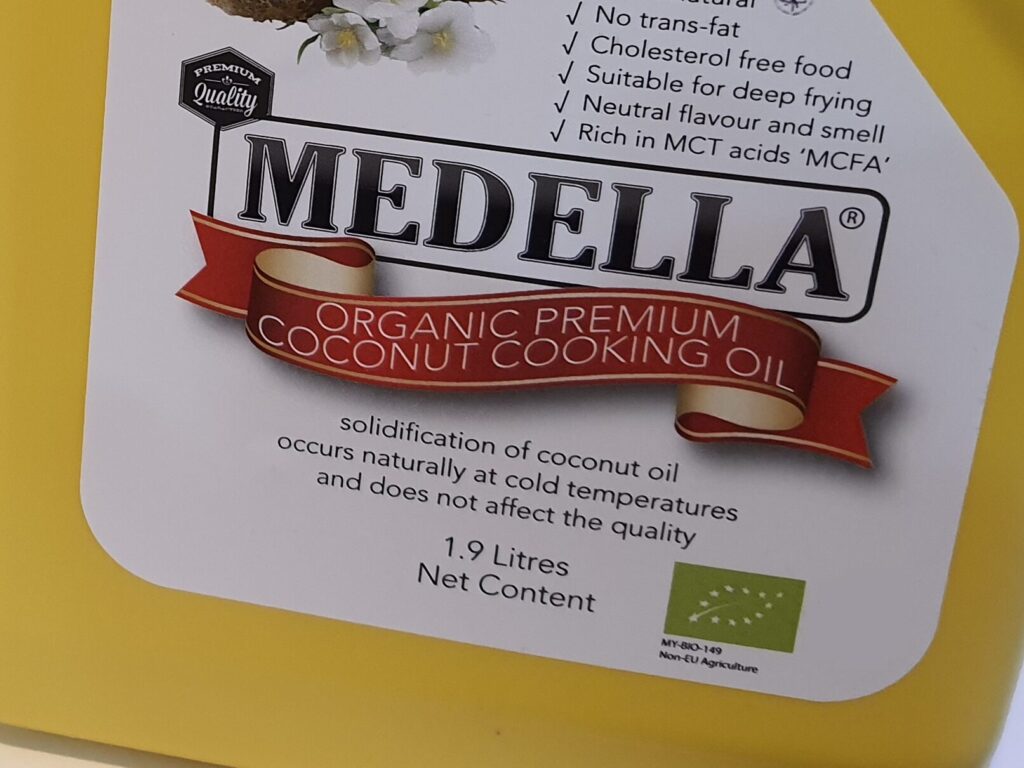
Organic China Certification
The China Organic Standard (GB/T 19630) regulates organic production and certification in China. For imported organic goods, a Transaction Certificate is required at the Chinese border during business-to-business (B2B) transactions. Additionally, all organic products displayed in retail markets must carry the China Organic Product QR Code, which verifies authenticity and compliance.
The standard emphasizes environmentally friendly practices and resource conservation, making it a key certification for the Chinese market. It covers the entire supply chain, including production, processing, labeling, and marketing, and requires strict documentation and annual audits. Meeting this standard enhances credibility with Chinese consumers and provides access to the country’s rapidly growing organic product demand.
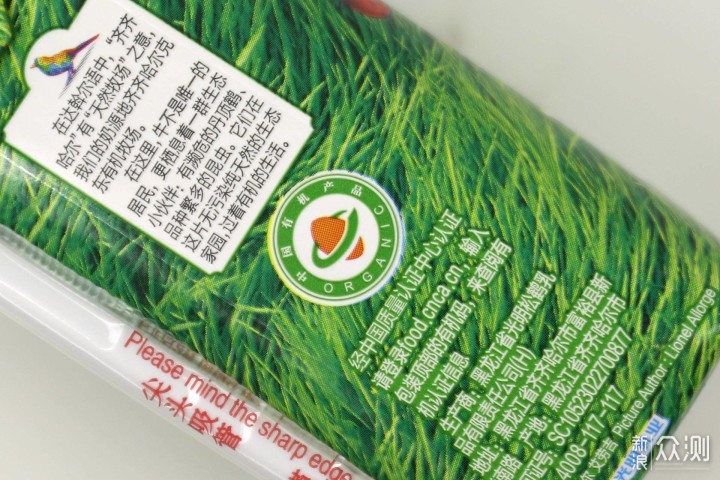
Organic United States Certification (USDA NOP)
The US Department of Agriculture’s National Organic Program (USDA NOP) is a globally recognized certification framework. It requires an NOP Import Certificate for all organic products entering the U.S. border. The program is widely respected internationally, and its certification is accepted in many countries. The USDA NOP also categorizes organic products into three specific tiers: 100% Organic, Organic, and Made with Organic Ingredients, providing transparency and flexibility for labeling.
This standard prioritizes ecological balance and the prohibition of synthetic substances and GMOs. In addition, certified operations must maintain comprehensive Organic System Plans (OSP), undergo regular inspections, and implement strict recordkeeping. Compliance ensures integrity throughout production and strengthens consumer confidence in organic claims.
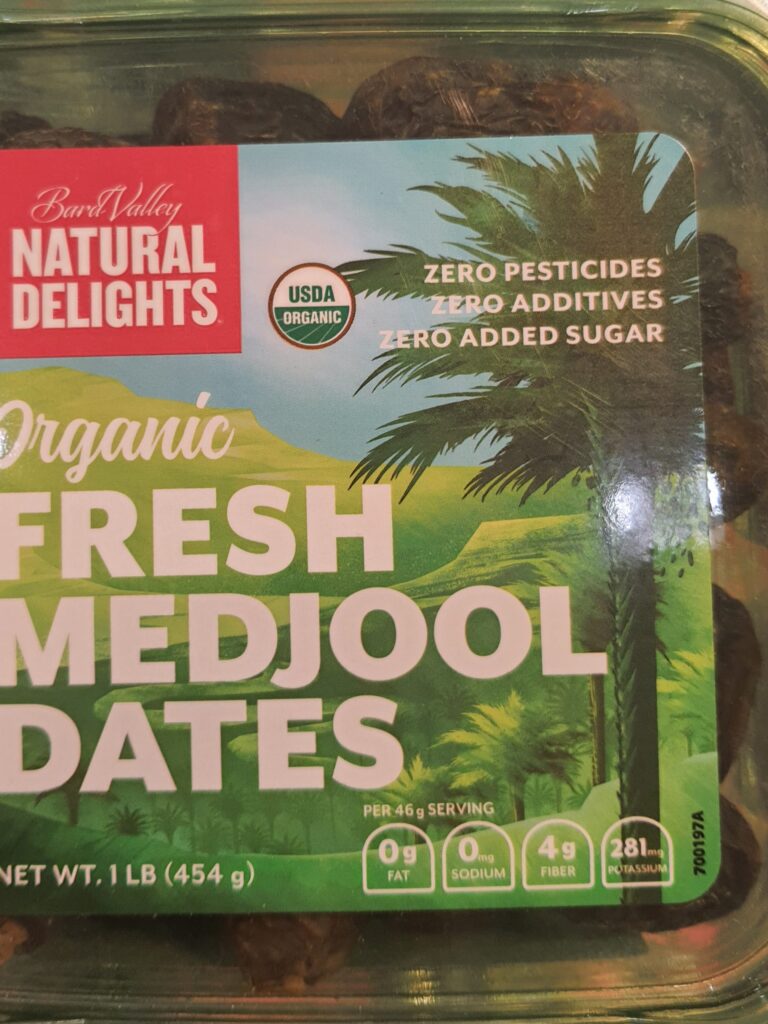
Organic Japan Certification (JAS)
The Japanese Agricultural Standards (JAS) have been in place for a long time, reflecting Japanese farmers’ commitment to sustainable organic practices, which closely resemble those of the EU. All organic imports into Japan must be certified with the JAS Organic logo, and only food intended for human consumption is eligible for certification. JAS focuses on maintaining high-quality organic production, ensuring integrity through rigorous inspections and labeling standards.

Approved Input Certification (Organic fertilizer)
Approved Input Certification ensures that materials like seeds, fertilizers, bio-pesticides, and processing aids used in organic farming and production meet the strict requirements of organic standards. These inputs cannot be labeled “organic” but are certified as “approved inputs” to confirm they are natural, free from prohibited substances, and produced without contamination. Designed to comply with global organic standards, approved inputs play a crucial role in maintaining the integrity of organic food production systems.
